(ECNS) --- Tokyo Electric Power Company’s discharging nuclear-contaminated water into the Pacific Ocean starting Thursday has triggered public concern in China over the safety of aquatic products imported from Japan.
Customers in Shanghai crowded Japanese restaurants on Thursday night because they thought seafood had been safe so far.
Some customers said they had to wait for half an hour to an hour to get a table in a Japanese restaurant in Yangpu District in Shanghai. One of its waiters said there were not so many guests on previous weekdays, and that its ingredients were not imported from Japan.
Another Japanese restaurant in Changning District also received a large amount of customers on Thursday night, with both indoor and outdoor tables occupied.
On the same day, the General Administration of Customs of China (GAC) announced that it had suspended imports of all aquatic products originating from Japan.
Many Japanese restaurants in Beijing have substituted their ingredients imported from Japan with those from the waters around Russia, or from South Korea, and Southeast countries, Red Star News reported on Thursday.
Ginza Iwa in Beijing is the only branch of the one-Michelin-starred Ginza Iwa in Tokyo, with per capita consumption of nearly 3,000 yuan (about $411.88). Its staff members told Red Star News the restaurant had made preparations before Japan implemented its discharge plan. It had stopped imports of aquatic products from Japan, and chosen some affordable alternatives.
Some Japanese restaurants in coastal cities still have aquatic products from Japan. Their staff members said there were not much reserves left from Japan. “We won't import Japanese aquatic products in the near future. Dalian (in northeast China’s Liaoning Province) produces seafood, so many products will be purchased there," said a staff member of a Japanese restaurant.
A staff member from a Japanese supermarket told Red Star News almost all of its food ingredients were not from Japan.
Many Japanese restaurants said they would sell alternatives that taste almost the same as imports from Japan in texture, and the price wouldn’t fluctuate much.
Some have started to import diversified aquatic products from New Zealand, Canada, France, and other countries and regions, while others consider transformation in the future.
China has been strictly checking and evaluating the nuclear radiation risk of Japan-imported aquatic products for many years, said Huang Xiaorong, an expert from the East China Sea Fisheries Research Institute, China Academy of Fishery Sciences.
“If aquatic products imported from Japan or those produced in the surrounding waters of China are polluted, they will be detected quickly by sampling and testing tissues such as muscles, so consumers don’t need to worry too much about it," Huang said.








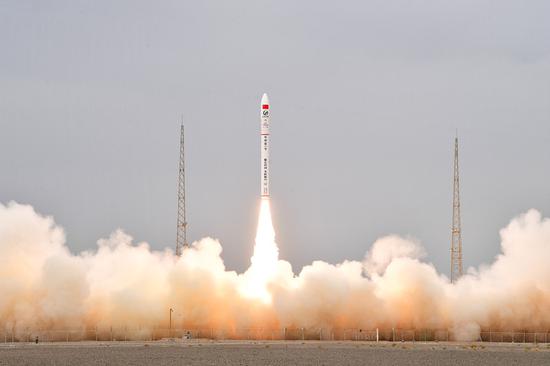

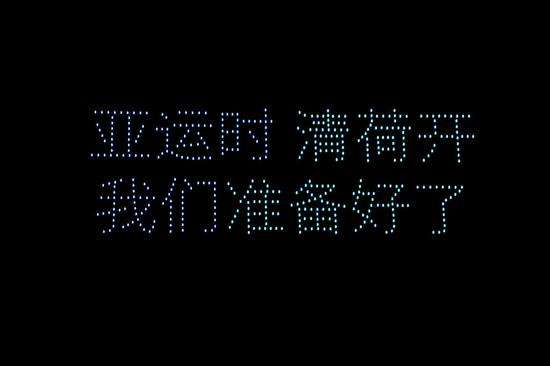
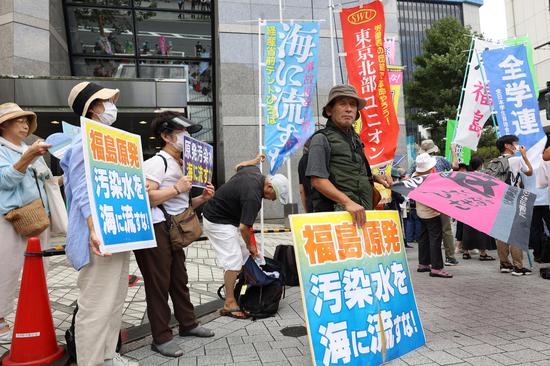
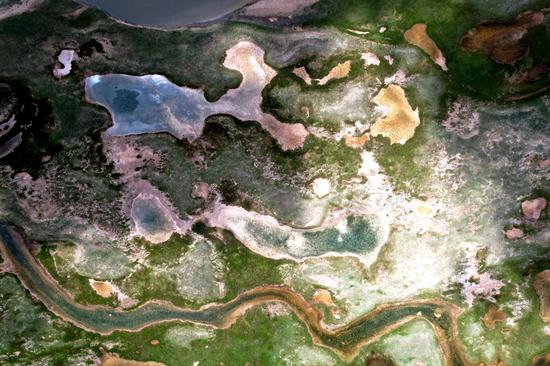
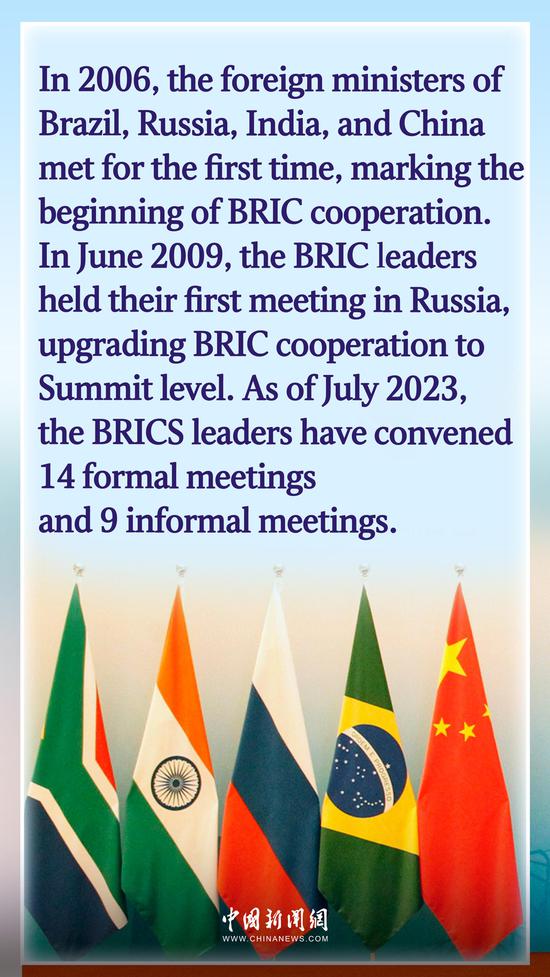
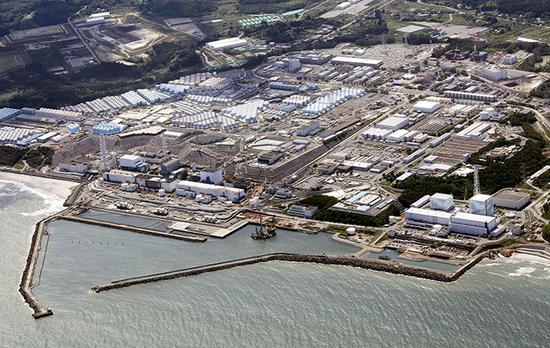
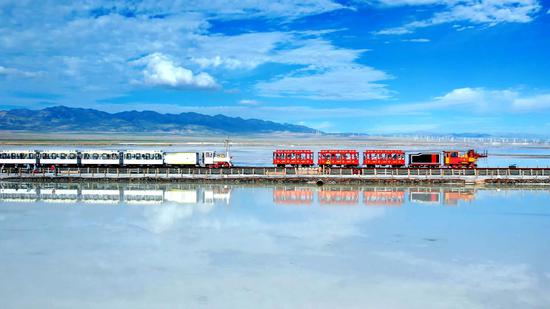
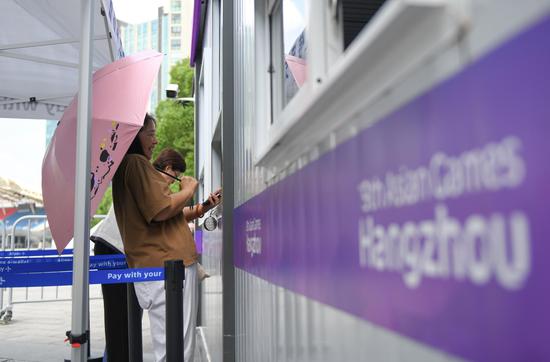


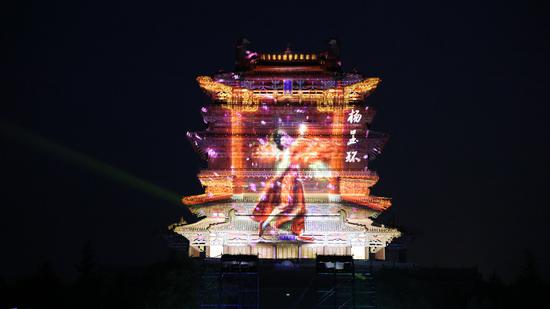

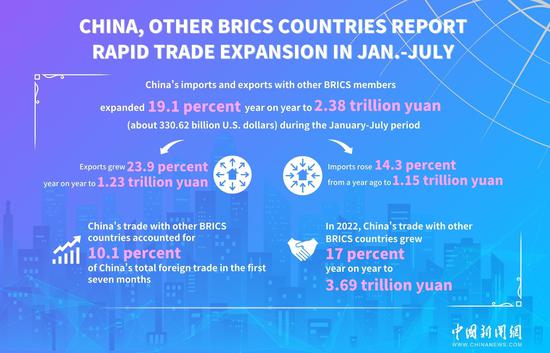
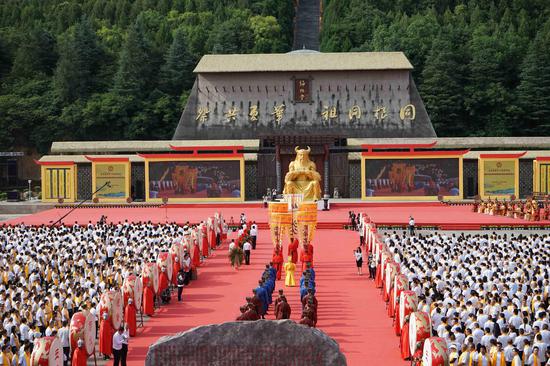
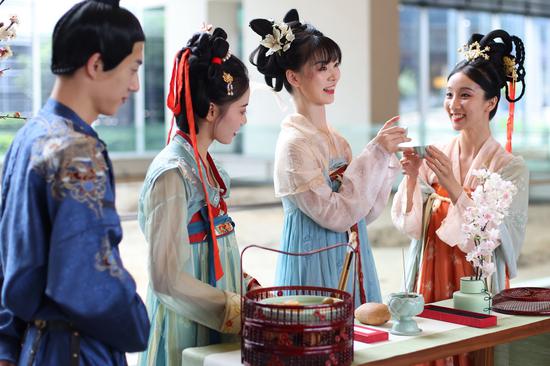
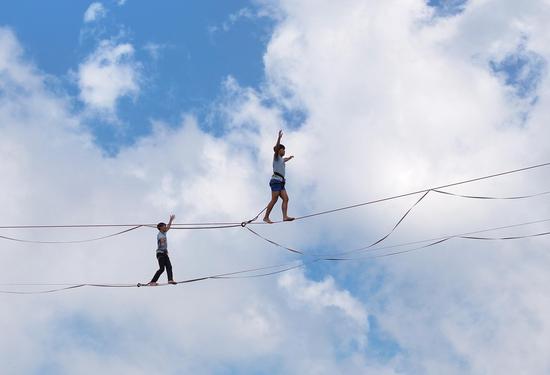
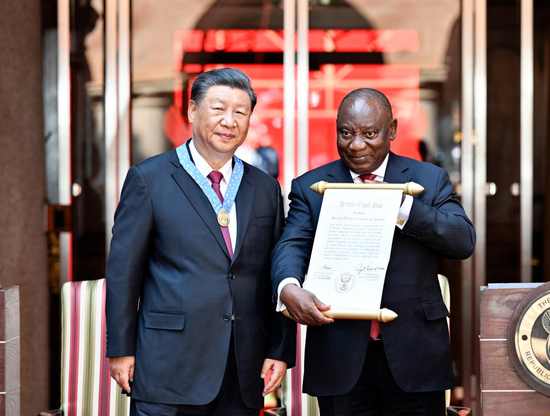
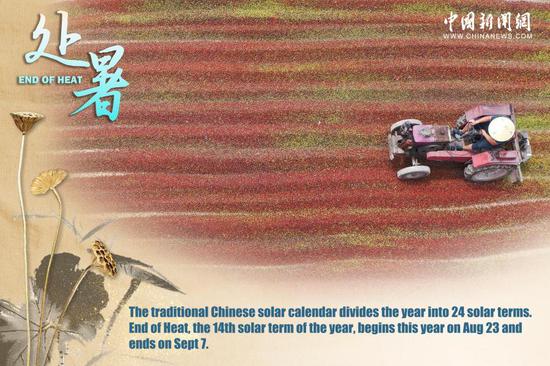
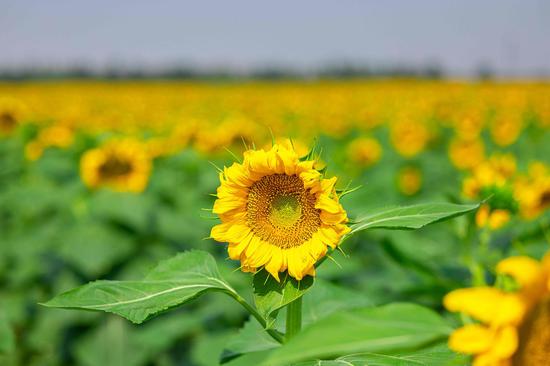



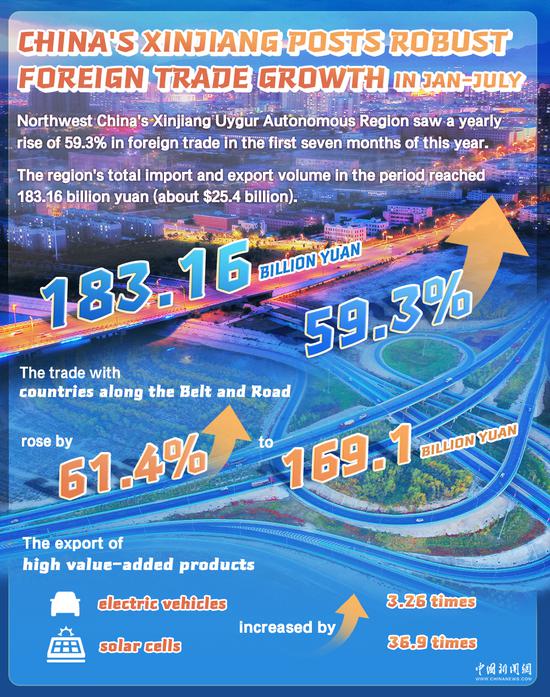

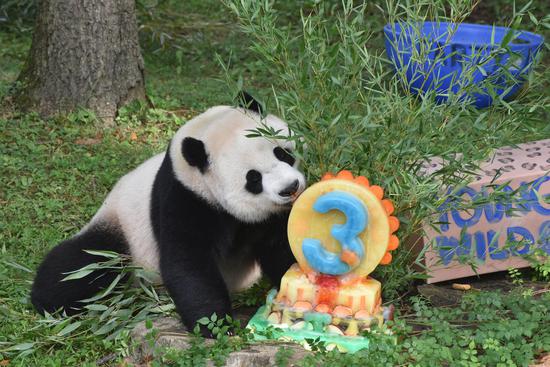
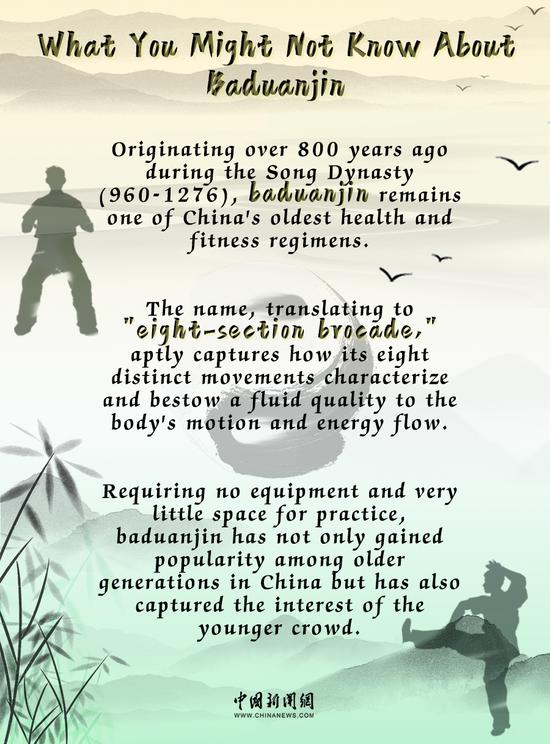
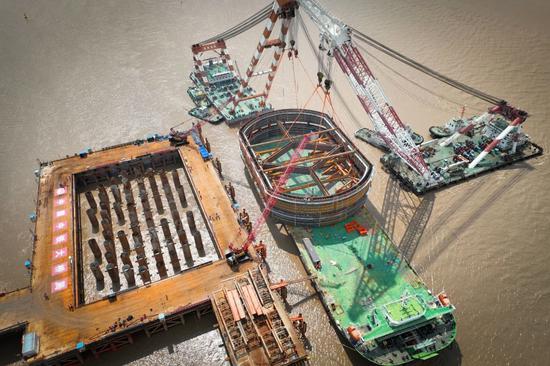
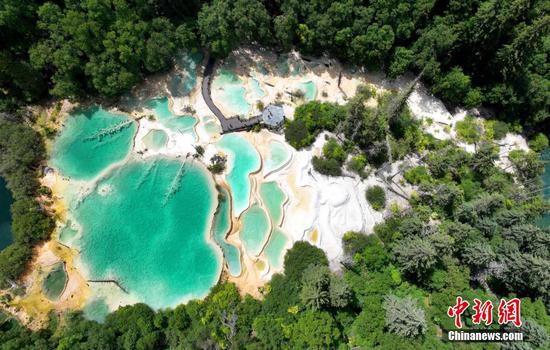

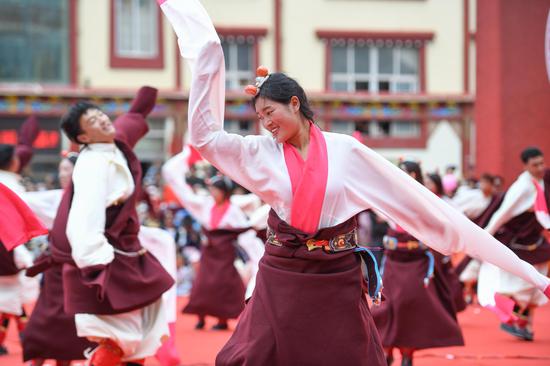
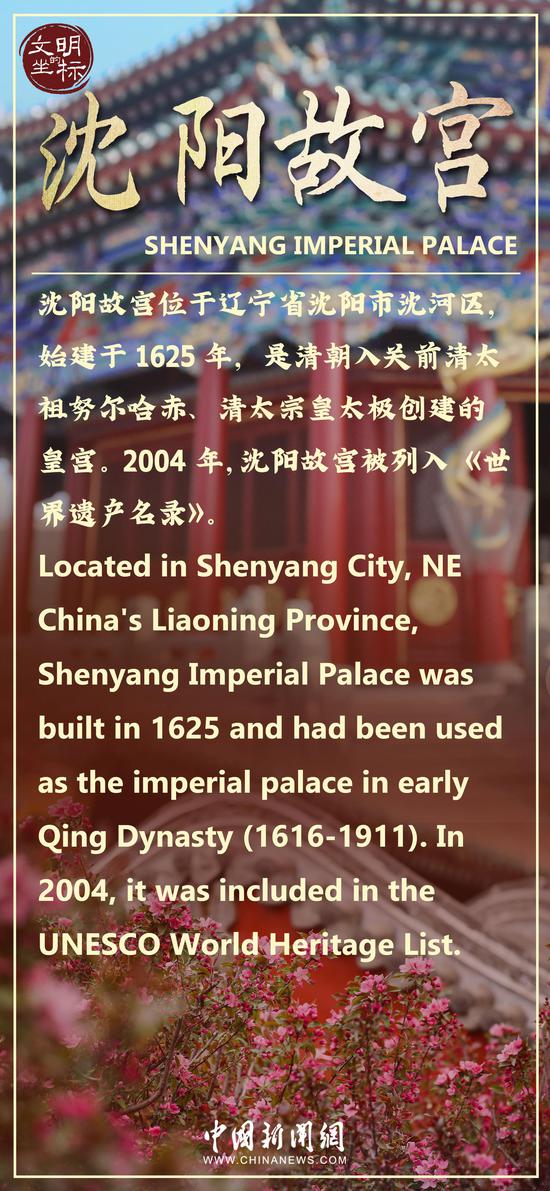

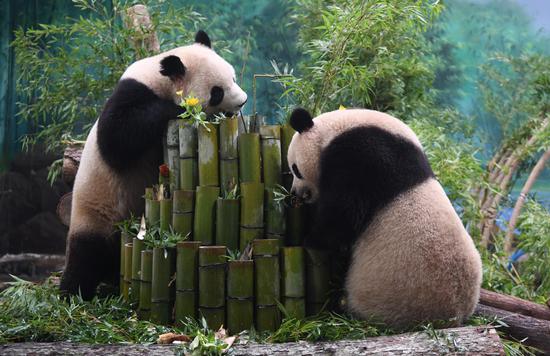
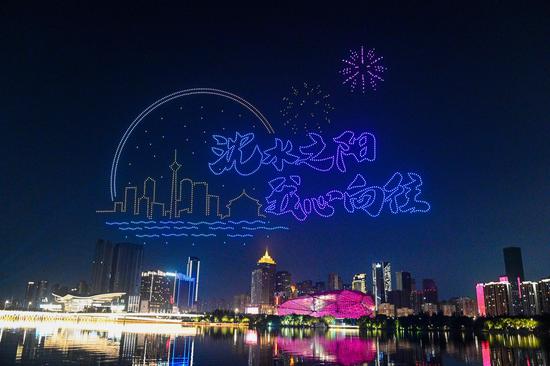
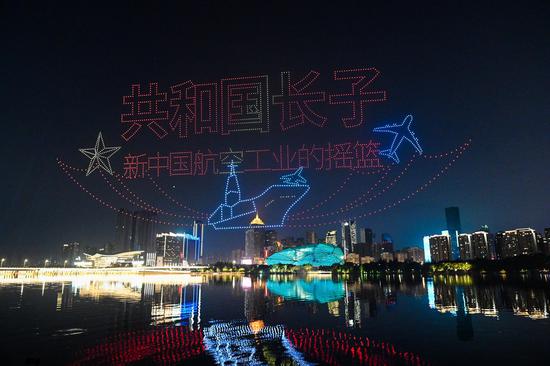
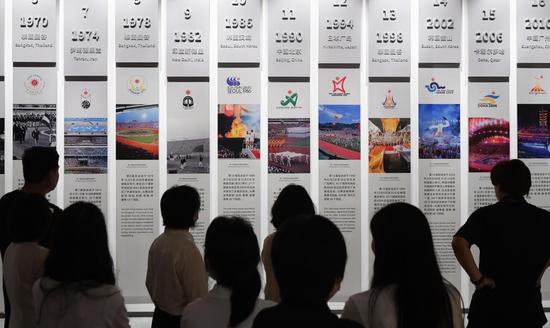





 京公網安備 11010202009201號
京公網安備 11010202009201號